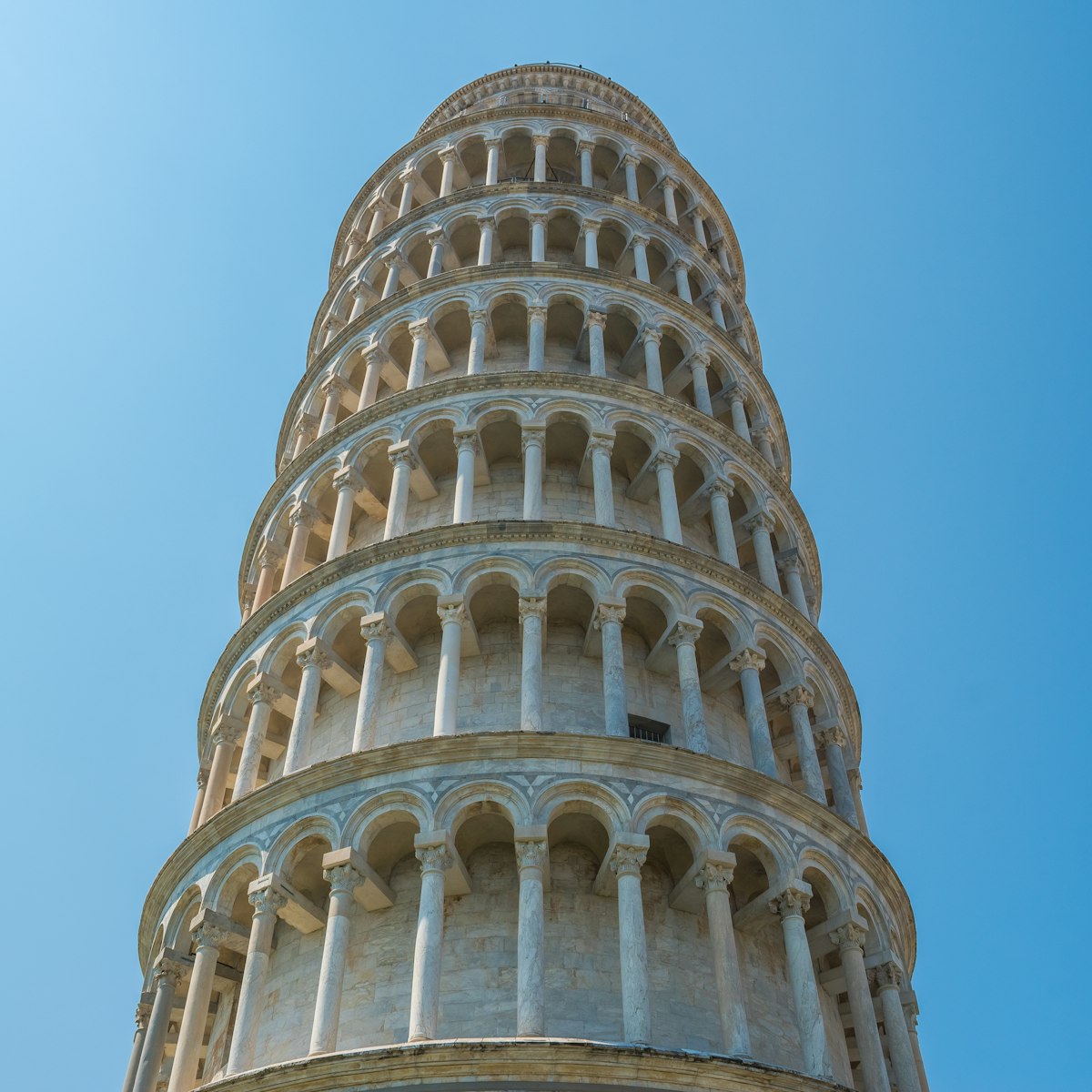Lucca's predominantly Romanesque cathedral dates from the 11th century. Its stunning facade was constructed in the prevailing Lucca-Pisan style and designed to accommodate the pre-existing campanile (bell tower). The reliefs over the left doorway of the portico are believed to be by Nicola Pisano, while inside, treasures include the Volto Santo (literally, Holy Countenance) crucifix sculpture and a wonderful 15th-century tomb in the sacristy. The cathedral interior was rebuilt in the 14th and 15th centuries with a Gothic flourish.
Legend has it that the Volto Santo, a simply fashioned image of a dark-skinned, life-sized Christ on a wooden crucifix, was carved by Nicodemus, who witnessed the crucifixion. In fact, it has been dated to the 13th century. A major object of pilgrimage, the sculpture is carried through the streets every 13 September at dusk during the Luminaria di Santa Croce, a solemn torch-lit procession marking its miraculous arrival in Lucca.
The cathedral's many other works of art include a magnificent Last Supper by Tintoretto above the third altar of the south aisle, and Domenico Ghirlandaio's 1479 Madonna Enthroned with Saints. This impressive work by Michelangelo's master is currently located in the sacristy. Opposite lies the exquisite, gleaming marble tomb of Ilaria del Carretto carved by Jacopo della Quercia in 1407. The young second wife of the 15th-century lord of Lucca, Paolo Guinigi, Ilaria died in childbirth aged only 24. At her feet lies her faithful dog.




